9. Richard Lloyd Parry narrates his deep & perceptive essay on Japan, Japanese royal family, & the greatly admirable previous Emperor Akihito & his efforts to make the monarchy & Japanese society more sensitive to harm done in his father's name. [mp3] sphinx.acast.com/londonreviewpo… 
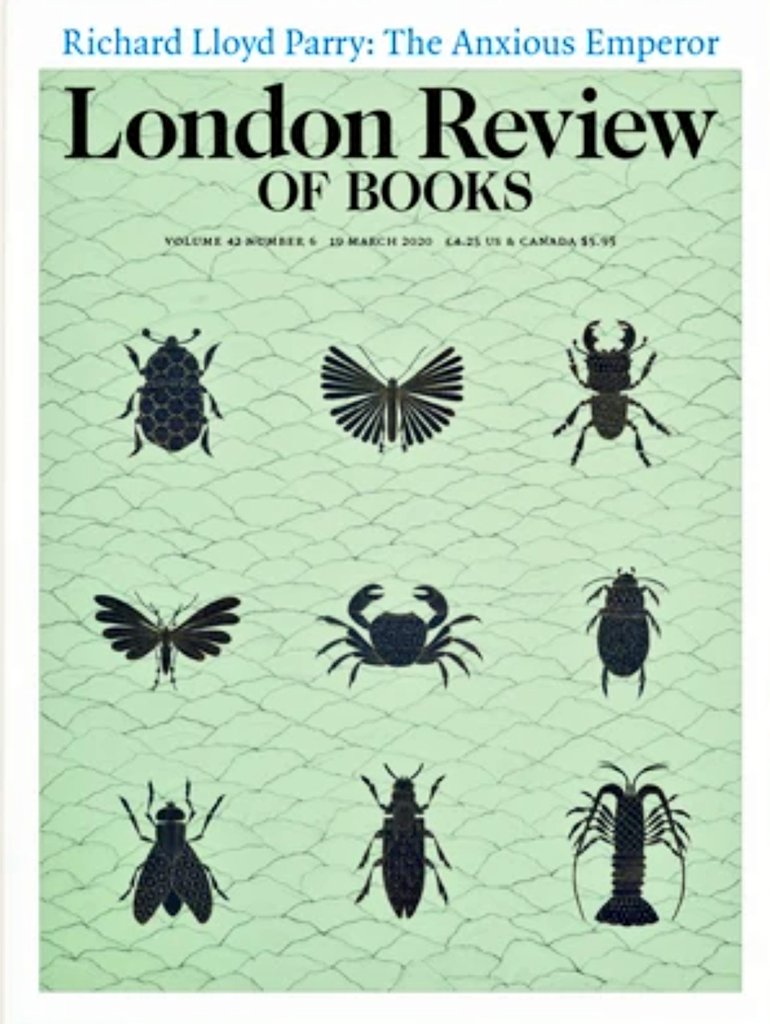
10. An excellent long conversation with Stephen Kotkin on the occasion of the 100th birth anniversary of the great Aleksandr Solzhenitsyn, conservative, anti-Communist, and a terrifying moral presence. files.libertyfund.org/econtalk/y2019… 



11. Excellently fun & insightful conversation w/ Pratap Bhanu Mehta who talks to two Pakistanis who probe what does it mean to be Indian, what is the Indian project, where does it fall short -- a great many interesting & open questions discussed.
feeds.soundcloud.com/stream/2452922… [.mp3]
feeds.soundcloud.com/stream/2452922… [.mp3]
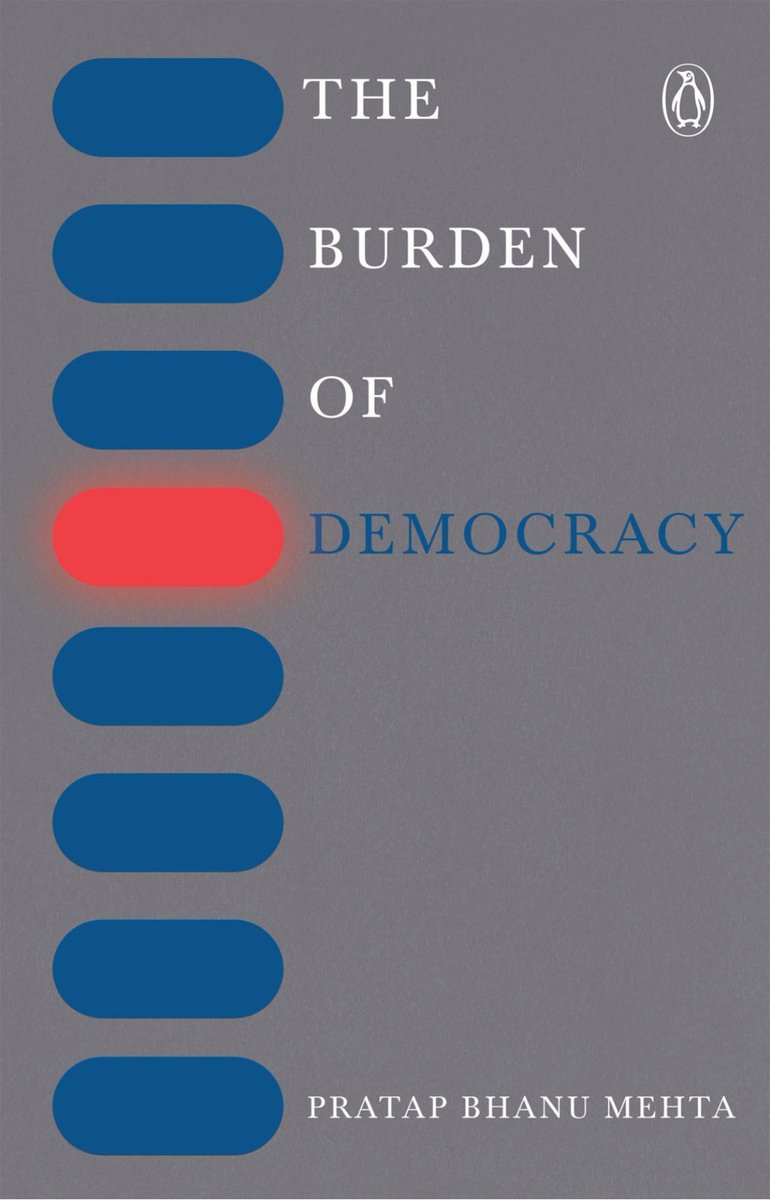
12. Anne Applebaum speaks on the Holodomor -- when in 1932-33, nearly four million Ukrainians died of starvation, having been deliberately deprived of food by Stalin & USSR. The weaponization of hunger for political end goals. archive.org/details/anne-a… [a whole list here] 

13. The great Mike Davis -- other than Perry Anderson, few fill me w/ awe on how widely they have read & written about as he -- on the changing shape of American politics and the rise of new forces: lumpen billionaires + disaffected working class.
sphinx.acast.com/londonreviewpo…
sphinx.acast.com/londonreviewpo…

14. I don't know anything abt birds and so this was fascinating. Wenfei Tong on "Bird Love".
Some birds have a reciprocal promiscuity payoff & raise many offsprings, while others have long-term monogamy strategy. Why? Where does this calculus come from? traffic.megaphone.fm/LIT9629897263.…
Some birds have a reciprocal promiscuity payoff & raise many offsprings, while others have long-term monogamy strategy. Why? Where does this calculus come from? traffic.megaphone.fm/LIT9629897263.…

15. From Epiros in northern Greece near Albania | An Epirotic Odyssey: [.mp3]
feedproxy.google.com/~r/smarty_pant… Musicologist Christopher King goes on an odyssey to uncover Europe’s oldest surviving folk music, and spins us some rare 78s.
Many fascinating music segments.
feedproxy.google.com/~r/smarty_pant… Musicologist Christopher King goes on an odyssey to uncover Europe’s oldest surviving folk music, and spins us some rare 78s.
Many fascinating music segments.

16. What is it to dream? mpegmedia.abc.net.au/rn/podcast/201…
Jennifer Windt on her efforts to develop a framework on dreams, where do dreams live relative to concepts as perception, hallucination, & imagination.
I have tried to record dreams in 2020, but I oftn forget. A diary of dreams!
Jennifer Windt on her efforts to develop a framework on dreams, where do dreams live relative to concepts as perception, hallucination, & imagination.
I have tried to record dreams in 2020, but I oftn forget. A diary of dreams!

17.
Ferdinand Mount's excellent lecture on debates surrounding the British Raj, from its rapacious origins in the Elizabethan Court to Shashi Tharoor's 'An Era of Darkness' which acts as a beachhead that lends shape to various assessments. [mp3]
sphinx.acast.com/londonreviewpo…

Ferdinand Mount's excellent lecture on debates surrounding the British Raj, from its rapacious origins in the Elizabethan Court to Shashi Tharoor's 'An Era of Darkness' which acts as a beachhead that lends shape to various assessments. [mp3]
sphinx.acast.com/londonreviewpo…


18. via a story of Cholesterol & Linoleic Acid, Malcolm Gladwell on a son's obligation to his father. This podcast moved me greatly. It made me think about that ancient question: how to keep alive the ideals of one's parents after their death.
leopard.megaphone.fm/PPY7869295725.… [audio]
leopard.megaphone.fm/PPY7869295725.… [audio]

19. You ask your husband if he's having an affair. He says no. You believe him. Inconsistencies in his story, you explain away. Your default is truth. Till one day, a trigger gives old evidence new meaning.
Gladwell on Cuba's long serving spy in America. leopard.megaphone.fm/CAD5718383969.…
Gladwell on Cuba's long serving spy in America. leopard.megaphone.fm/CAD5718383969.…

20. One Nation Under Goethe
Till I read Walter Kaufmann, who woehsips Goethe [& disparages Kant, Hegel, Heidegger, & Jung] I didn't realize how pivotal Goethe was to German identity. The new Safranski bio only convinces me more so.
Neil MacGregor -->
open.live.bbc.co.uk/mediaselector/…
Till I read Walter Kaufmann, who woehsips Goethe [& disparages Kant, Hegel, Heidegger, & Jung] I didn't realize how pivotal Goethe was to German identity. The new Safranski bio only convinces me more so.
Neil MacGregor -->
open.live.bbc.co.uk/mediaselector/…

21. How to study history of Capitalism?
Sven Beckert on how 'cotton' was born & became a constant global struggle b/w slaves & planters, merchants & statesmen, workers & factory owners -- creating new inequalities aggravated by technology & colonialism. radioopensource.org/?powerpress_pi…
Sven Beckert on how 'cotton' was born & became a constant global struggle b/w slaves & planters, merchants & statesmen, workers & factory owners -- creating new inequalities aggravated by technology & colonialism. radioopensource.org/?powerpress_pi…

22. Everybody (well, a few "everybody") speaks about Weber's 'Protestant Ethic' & Capitalism -- but what is it really?
Peter Ghosh et al help cut through the fog that has accreted over a century or more...
open.live.bbc.co.uk/mediaselector/…
Peter Ghosh et al help cut through the fog that has accreted over a century or more...
open.live.bbc.co.uk/mediaselector/…
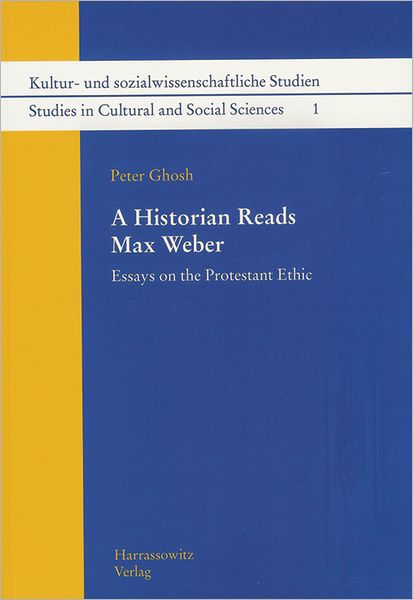
23.
On Panini’s Grammar, Peter Adamson & Jonardon Ganeri offer a quick survey that still makes me wonder at the extraordinary ambitions, and success, of his Ashtadhyayi.
How to write code that governs the writing of future code. hopwag2.podbean.com/mf/feed/h8nwrp…
On Panini’s Grammar, Peter Adamson & Jonardon Ganeri offer a quick survey that still makes me wonder at the extraordinary ambitions, and success, of his Ashtadhyayi.
How to write code that governs the writing of future code. hopwag2.podbean.com/mf/feed/h8nwrp…
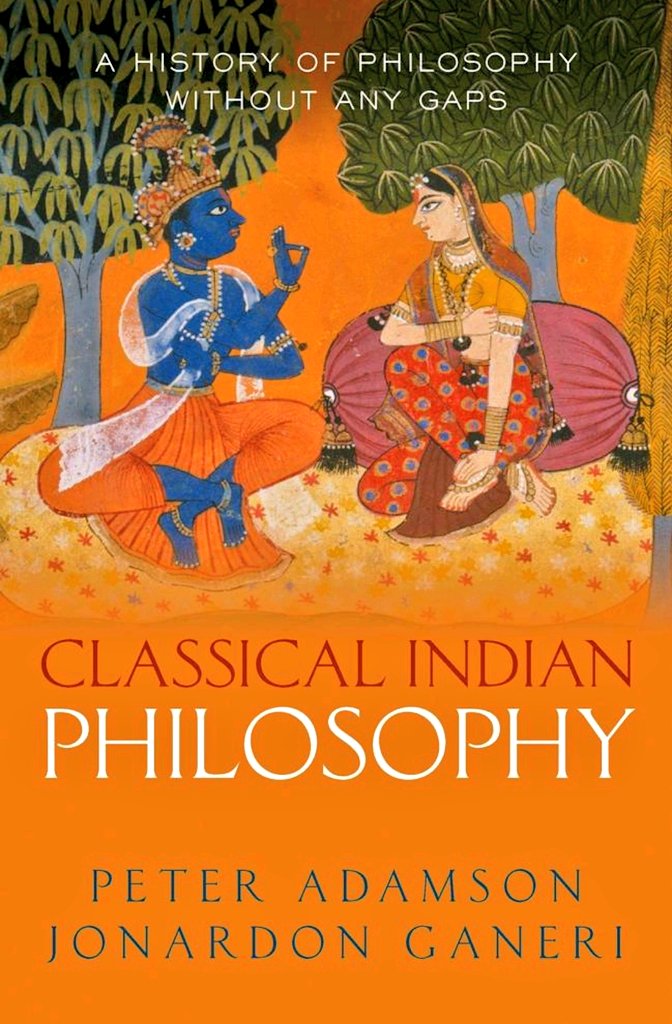
24. Ashis Nandy: "New India is those who embarrass you by scratching their backs with forks, sitting in Parliament. That’s the New India, and you don’t like to recognize them because they’re new to power, new to the urbanity to which you are accustomed."
media.blubrry.com/radioopensourc…
media.blubrry.com/radioopensourc…

25.
Mo Yan on his novels, writing strong women and avoiding censorship in China. One part poet, one part butcher ~ all life is interesting, nothing is sacrosanct except perhaps the earth shaking destiny of the Chinese present. buzzsprout.com/1371667/557170…
Mo Yan on his novels, writing strong women and avoiding censorship in China. One part poet, one part butcher ~ all life is interesting, nothing is sacrosanct except perhaps the earth shaking destiny of the Chinese present. buzzsprout.com/1371667/557170…

26.
Ken Liu on Chinese science fiction, as a writer, a translator of 2 volumes of The Three-Body Problem, & the place of Chinese science fiction in its literary universe.
And many recommendations. chtbl.com/track/47257E/p…
Ken Liu on Chinese science fiction, as a writer, a translator of 2 volumes of The Three-Body Problem, & the place of Chinese science fiction in its literary universe.
And many recommendations. chtbl.com/track/47257E/p…

27.
If you love cricket, particularly Indian cricket, Ram Guha's melancholic love letter to a game that was a subtle beauty once, loved by writers and common folk, but has now transformed to a cynical dowager who will put on a spectacle, only if you pay. traffic.libsyn.com/seenunseen/E20…
If you love cricket, particularly Indian cricket, Ram Guha's melancholic love letter to a game that was a subtle beauty once, loved by writers and common folk, but has now transformed to a cynical dowager who will put on a spectacle, only if you pay. traffic.libsyn.com/seenunseen/E20…

28.
Who was Edmund Burke? Or, how could one oppose the French Revolution while still publicly legislate against the East India Company. David Bromwich, who reads America more carefully than almost any body else I know, on Burke as a moral psychologist. feeds.acast.com/public/streams…
Who was Edmund Burke? Or, how could one oppose the French Revolution while still publicly legislate against the East India Company. David Bromwich, who reads America more carefully than almost any body else I know, on Burke as a moral psychologist. feeds.acast.com/public/streams…

29.
Alive at India’s Dead Ends: A Lecture by Shri Gopalkrishna Gandhi
< During Rama's coronation, a woman drops a pot she was carrying.
“Thatham thatham tham
Thathatham thatham thahaha”
That has to be one of the earliest onomatopoeia in Sanskrit...>
archive.org/embed/mm-intro…
Alive at India’s Dead Ends: A Lecture by Shri Gopalkrishna Gandhi
< During Rama's coronation, a woman drops a pot she was carrying.
“Thatham thatham tham
Thathatham thatham thahaha”
That has to be one of the earliest onomatopoeia in Sanskrit...>
archive.org/embed/mm-intro…

30.
Maria Heim on Buddhaghosa, a 5thC Pali Buddhist scholar, who contributed to what we call Theravada Buddhism today; on intention (cetana) as the basis of moral psychology unlike Western ethics that focus on individual choices and decisions. traffic.megaphone.fm/LIT4409285155.…
Maria Heim on Buddhaghosa, a 5thC Pali Buddhist scholar, who contributed to what we call Theravada Buddhism today; on intention (cetana) as the basis of moral psychology unlike Western ethics that focus on individual choices and decisions. traffic.megaphone.fm/LIT4409285155.…

31. The histories of American abolitionism were interracial, transnational, & tied to the development of democracy.
A fascinating talk on Manisha Sinha's important book on the long struggle of abolitionists who, as I learnt, wrote & wrote & wrote...
traffic.libsyn.com/secure/benfran…
A fascinating talk on Manisha Sinha's important book on the long struggle of abolitionists who, as I learnt, wrote & wrote & wrote...
traffic.libsyn.com/secure/benfran…
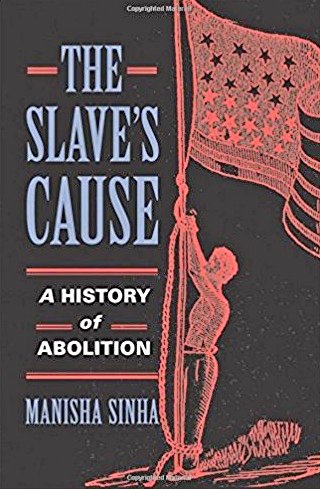
32.
If you, like me, are fascinated by China's train systems, here David Feng talks abt Chinese trains & subways, its history & evolution -- frm Imperial Peking Railway to Sun Yat Sen to the Maglev running from Shanghai Pudong to Longyang Road Station. chtbl.com/track/65FD73/t…
If you, like me, are fascinated by China's train systems, here David Feng talks abt Chinese trains & subways, its history & evolution -- frm Imperial Peking Railway to Sun Yat Sen to the Maglev running from Shanghai Pudong to Longyang Road Station. chtbl.com/track/65FD73/t…

• • •
Missing some Tweet in this thread? You can try to
force a refresh













